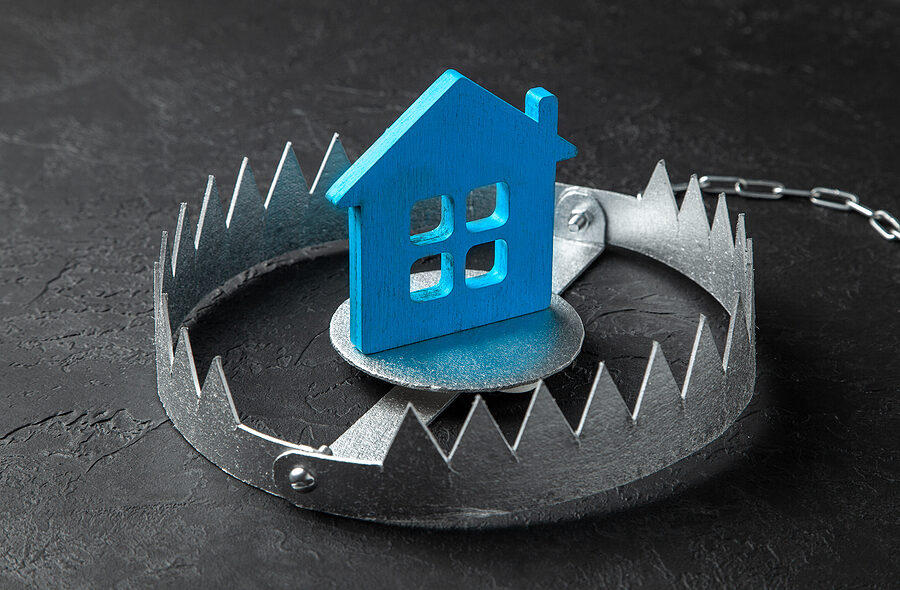A number of homeowners are facing the possibility of losing their homes over second mortgages that they had taken out over a decade ago. Many of these homeowners believed that their second loans were either rolled in with their first mortgage payments or were forgiven. Unfortunately, these loans did not go away and now are legally collectible, even if they are years old. This type of debt is often referred to as “zombie debt.”
What are zombie debts? Essentially these debts are old loans being pursued with new collection actions.





